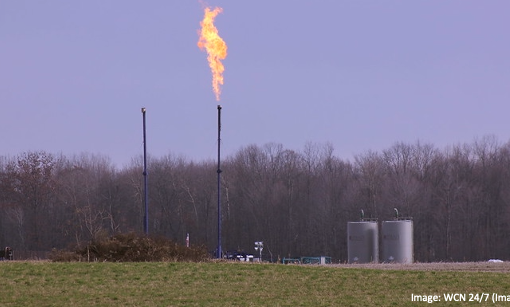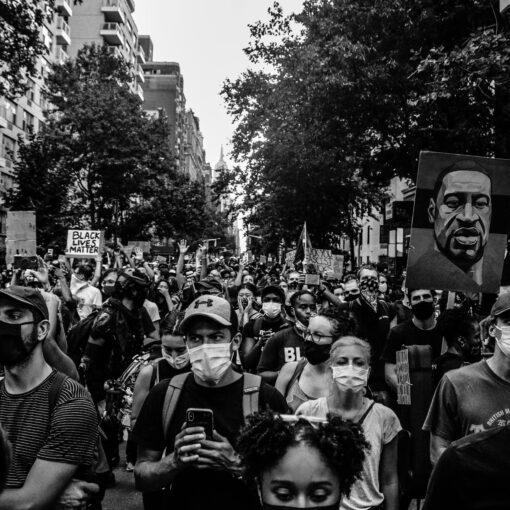
Urge your members of Congress to defend clean transportation funding in the budget bill.
Congress is trying to repeal funding that is already making historic progress cleaning up air pollution from motor vehicles, putting the health of millions of Americans at risk.
These funding programs put money directly into communities to help get the oldest and most polluting diesel engines off the road and replace them with pollution-free electric alternatives. They also provide crucial tax credits to help accelerate America’s clean transportation industry, helping to ensure that pollution-free vehicles are accessible to all.
Our asks are simple:
- Do not support a bill that adds punitive and disproportionate taxes for drivers of electric and hybrid vehicles.
- Do not support a bill that weakens tax credits supporting the clean transportation industry (including new burdensome restrictions on transferability or material sourcing, or early phase-outs and/or repeals).
- Do not support a bill that rescinds and repeals clean transportation grant funding for our communities.
The attacks on air quality and climate policy are direct threats to public health. Nurses are trusted health professionals and powerful advocates for clean air and environmental health policies. Join the Alliance of Nurses for Healthy Environments (ANHE) in calling members of Congress to stop the budget bill from scrapping funding for the communities, businesses, and manufacturers working to deliver cleaner air and cleaner transportation.




